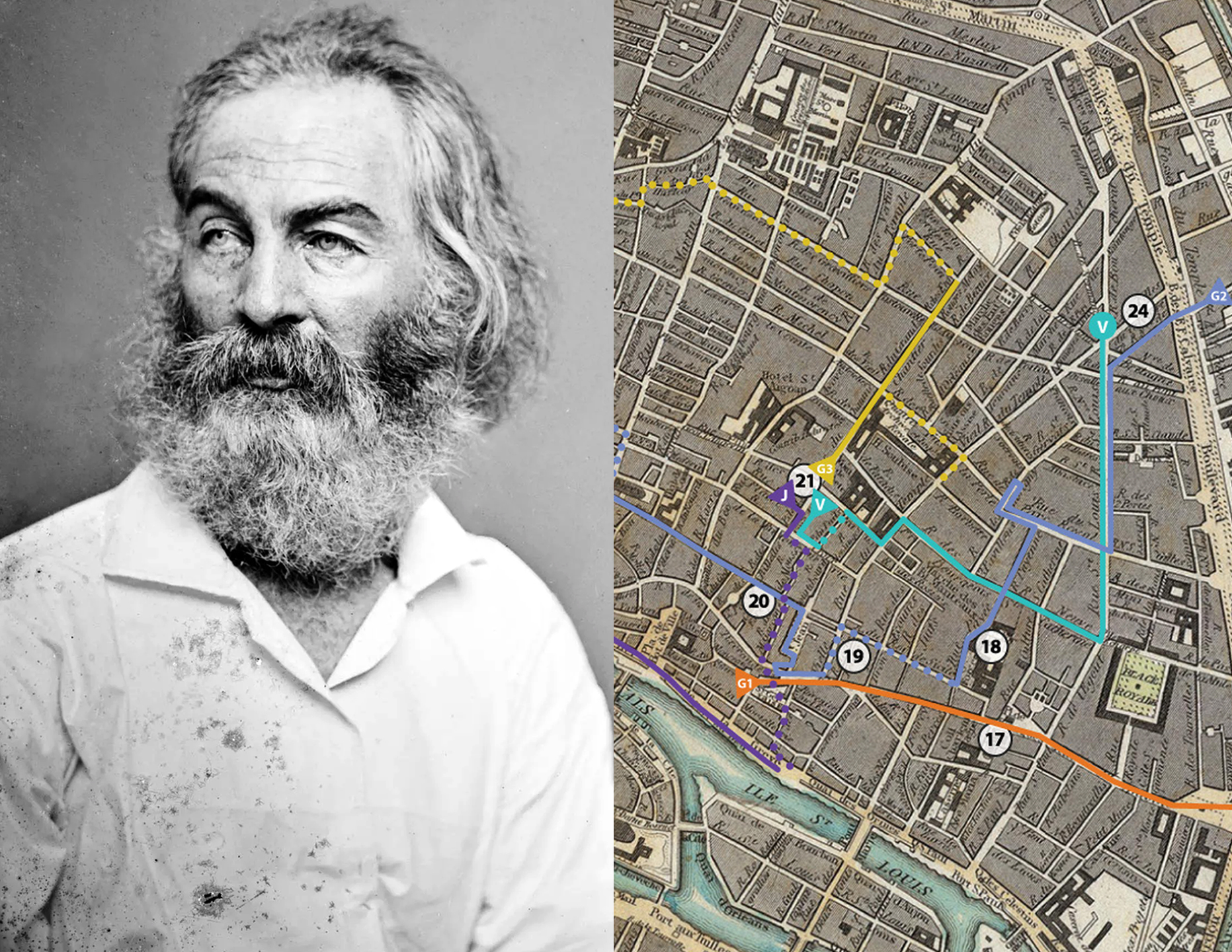Category: Programs
-

How Did They Make That? Learning Series (Fall 2024)
This year, the Digital Scholarship Group is taking inspiration from Miriam Posner’s famous blog post, How Did They Make That?, and offering a learning series on how specific digital scholarship and digital humanities projects were created. Our intention is to give people a greater sense of what it takes to do this work, including what skills are…